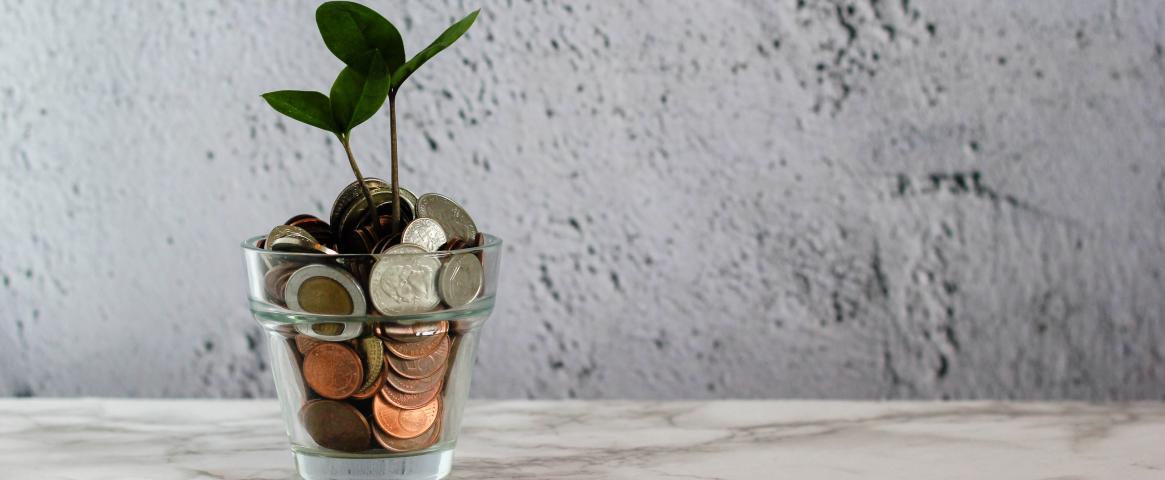By Brianna Barbu
Wherever you are in your science journalism career, fellowships and grants can give you the resources to pursue a passion project. But what does it take to get them? A session at ScienceWriters2020 gathered journalists and fellowship coordinators to answer commonly asked questions about grants and fellowships.
“Craft your career: Applying for Grants and Fellowships” was organized by freelance writers Alla Katsnelson and Jyoti Madhusoodanan. Katsnelson moderated the initial Q&A session featuring panelists Ashley Smart, associate director of the Knight Science Journalism program at MIT; Sujata Gupta, social sciences reporter at Science News; Nora Moraga-Lewy, Rainforest Journalism Fund manager at the Pulitzer Center; Dave Spratt, CEO of the Institute for Journalism and Natural Resources (IJNR); and Karen Brown, a senior reporter at New England Public Radio.
Brown and Gupta both talked about how fellowships enable them to take on ambitious stories that their newsrooms might not be able to fund, and also provide invaluable networking opportunities with other journalists and editors. “Just having a break from your routine—it’s invigorating, it’s inspiring, and you get a lot of new sources and new story ideas,” Brown said.
Smart said that the Knight program often functions as a “sabbatical year” for journalists—which can sometimes change the direction of their careers. A large part of Brown’s beat now is mental health and trauma reporting, which she got into through health reporting fellowships.
Panelists offered a wealth of advice for journalists who want to use fellowship or grant funds to intentionally facilitate a career pivot. Moraga-Lewy advised seeking out collaborations and resources to bridge gaps in expertise. “You don’t have to pretend like you know all the information,” she said, “so long as you make a good case for why this story is something important in your career and relevant to the audience.” To help make that case, Smart recommends doing some pre-reporting on the new subject area.
It may be more difficult for early-career journalists to instill confidence that they can deliver on their proposals, but panelists agreed that, as long as they meet the basic qualification requirements, quality of work is far more important for an applicant than quantity “What we want to see is a body of work that is directing you towards the kinds of issues that we’re interested in exploring,” Spratt said.
Early career journalists who think they have a great idea should apply even if it seems like a stretch. As with most things in life, persistence is key. If you don’t get the fellowship on the first try, it’s worth trying again. “You never know when your timing might just hit the right spot,” Gupta said.
For established writers and early-career journalists alike, the big takeaway from this panel was clear: what matters most is that your application presents a clear vision of where you and your ideas are going and how the fellowship or grant will help you get there.
The Q&A was followed by breakout sessions in Remo, in which attendees could sign up to speak to panelists in small groups for more specific advice. The breakout sessions brought in four additional panelists: freelance journalist Liza Gross; Malia Wollan, director and co-founder of the UC Berkeley's 11th Hour Food and Farming Journalism Fellowship; Diana Kenney, director of the Logan Science Journalism program; and Michelle Levander, director of the Center for Health Journalism at the USC Annenberg School for Communications and Journalism.
More information about the fellowships covered in the session and examples of successful and unsuccessful applications for the Logan and IJNR fellowships can be found here. You can follow the panelists on social media at:
Ashley Smart (@ashleythesmart)
Sujata Gupta (@sujatagupta)
Nora Moraga-Lewy (@noradml17)
Dave Spratt (@davespratt1)
Karen Brown (@kbrownreports)
Liza Gross (@lizabio)
Malia Wollan (@mwollan)
Diana Kenney (@dianakenney)
Michelle Levander (@mlevander)
Participants registered for ScienceWriters2020 can access the session recording in the Whova app for 6 months.
Brianna Barbu is a freelance science writer with an MS in Chemistry from the University of Michigan, and a recipient of a 2020 NASW Student Summer Writing Award. Follow her on Twitter at @bri_barbu.




